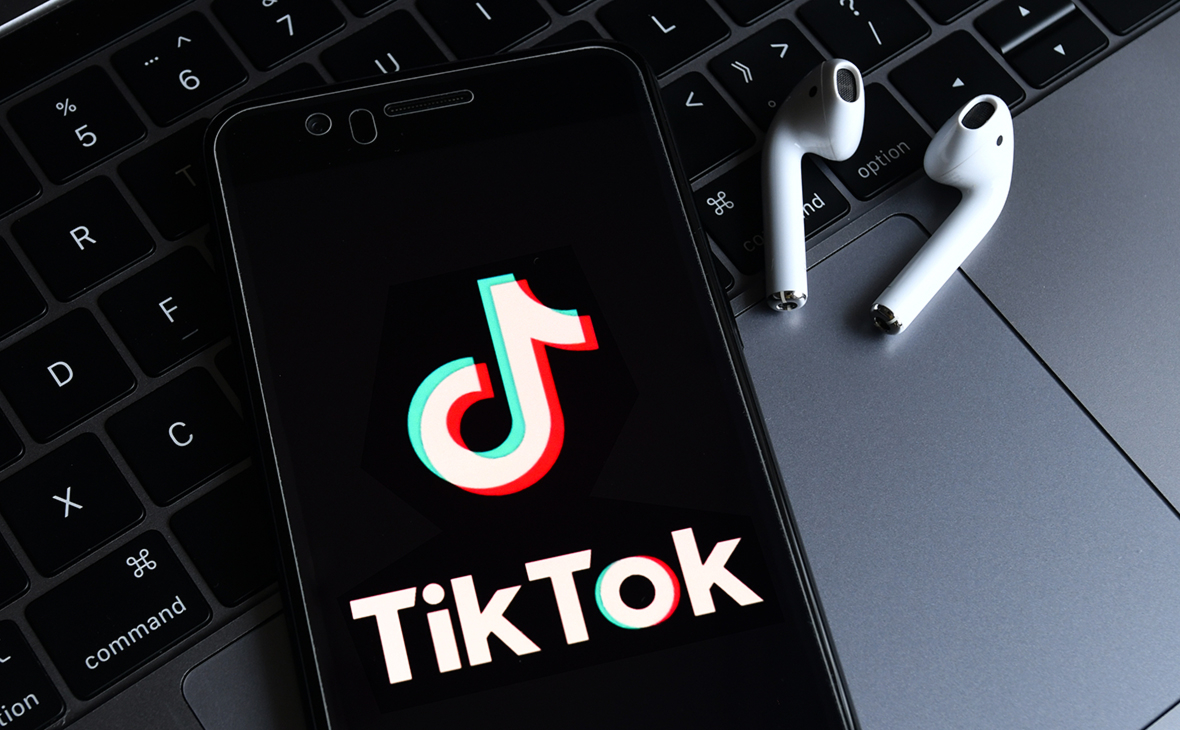Comments
- No comments found

The White House has ordered U.S. federal agencies to remove TikTok from all government-issued mobile devices within 30 days due to growing security concerns.
Canada has announced a similar ban. TikTok has been the target of cyberattacks in the past, with hackers accessing sensitive user information such as passwords and phone numbers.
The social media platform is not considered safe for children and should never be used without parental supervision.
Congress, the White House, and over half of U.S. states had already banned TikTok due to concerns about China accessing private user data and pushing misinformation.
The European Union’s executive branch temporarily banned TikTok from employee phones, and the U.S. armed forces have prohibited the app on military devices. ByteDance, the Chinese company that owns TikTok, moved its headquarters to Singapore in 2020.
Critics have expressed concern about China accessing user data, TikTok's content, and its potential impact on teenagers’ mental health.
There are also concerns that the company is sending large amounts of user data to China in violation of European privacy rules. In 2020, former President Donald Trump and his administration attempted to ban TikTok, but courts blocked the move. In response to the U.S. announcement, a TikTok spokesperson said that the bans were "little more than political theater.
Using TikTok regularly, either as a consumer or content creator, increases your digital footprint.
TikTok has been the subject of intense scrutiny by governments worldwide due to concerns over data privacy, security, and its connection to the Chinese government. Critics have alleged that TikTok could allow the Chinese government to access users' private information, including browsing history and location data, as well as push propaganda and misinformation.
There are also worries about the app's content, particularly with regards to its impact on teenagers' mental health. Several studies have linked heavy social media use to negative outcomes such as depression, anxiety, and poor body image.
Furthermore, TikTok has been accused of collecting vast amounts of data on its users, much of which is allegedly sent to servers in China in violation of stringent European privacy laws.
The U.S. government has been particularly vocal in its concerns about TikTok's ties to China. The White House has ordered all federal agencies to remove TikTok from their mobile devices, while more than half of all U.S. states have banned the app.
In response, TikTok has defended its practices, stating that it has not shared user data with the Chinese government and that it stores U.S. user data in the United States and Singapore, not China. However, these claims have done little to quell concerns, and governments worldwide continue to debate the app's safety and the best way to regulate it.
Leave your comments
Post comment as a guest